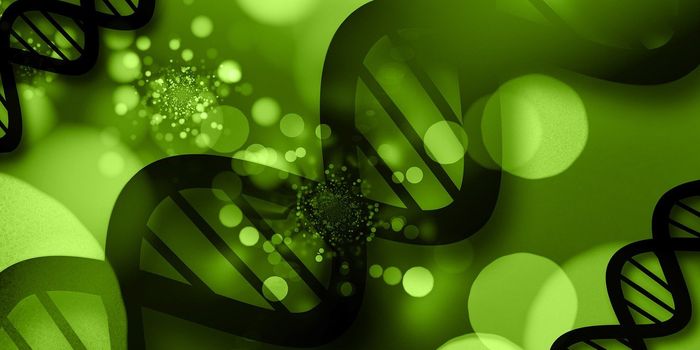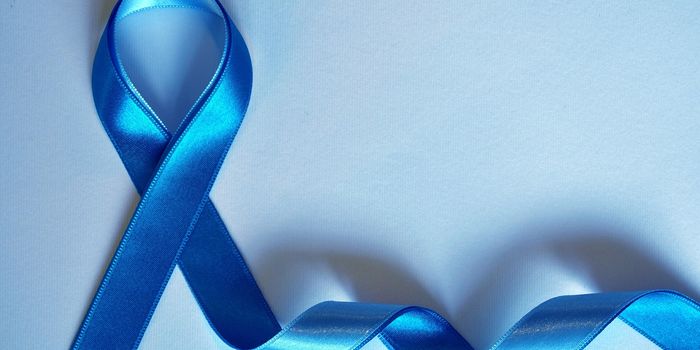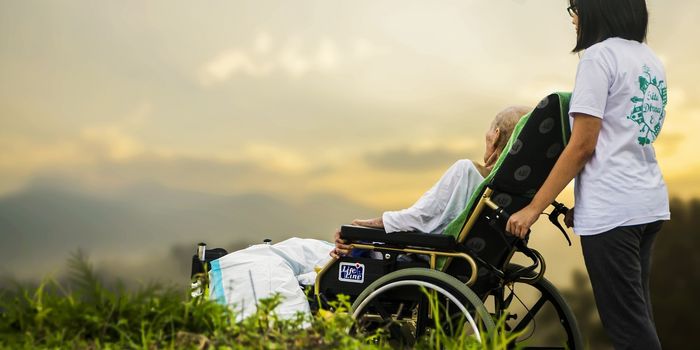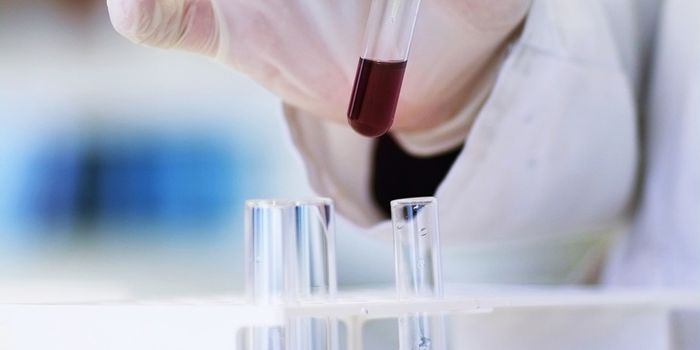How Does Childhood Cancer Affect Siblings?
It is sometimes said that when one family member is told they have cancer, an entire family is diagnosed with the disease because the experience becomes so prevalent in their lives. While it may seem obvious that young siblings would be impacted by a brother or sister’s cancer diagnosis, it is a surprisingly under-studied and under-treated phenomenon. A group of clinical psychologists from Nemours Alfred I. duPont Hospital for Children (“Nemours”), a pediatric hospital in Wilmington, Delaware, is in the process of studying how youth cope with the cancer diagnosis of a sibling and how they struggle or adjust as adults in regard to this early traumatic experience.
The study has been going on for two years and has already recruited 100 families in the U.S., Nemours Senior Research Scientist Melissa Alderfer tells U.S. News.
Families who are enrolled have check-ins with the scientists every six months for the first two years after a child is diagnosed. Siblings between the ages of eight and 17 and their parents are included in the survey, which aims to determine how many youths end up with a type of post-traumatic stress disorder (PTSD) and how and why they cope in different ways later in life. Early findings show about 60 percent of the children demonstrate PTSD symptoms and it is believed some will have ongoing behavioral and emotional difficulties. Previous research has shown only about half of the major pediatric hospitals in the U.S. and Canada offer support services for siblings.
The Andrew McDonough B+ (Be Positive) Foundation, the largest provider of financial assistance to families of kids with cancer in America, gave $100,000 to Nemours for this study. It is also considering giving the hospital additional funding. The group was founded by the parents of Ali and Andrew McDonough. Andrew died of leukemia in 2007 in the arms of his sister, Ali. Like many siblings in families struggling with childhood cancer, Ali took on extra responsibilities around the house. She had just gotten her driver’s license when her brother was diagnosed and quickly started driving herself to school and buying groceries for the family.
"I knew that we were going to have to neglect her for that time and it made me feel horrible," her father, who is president of the B+ Foundation, says. Many young people in this scenario also report taking over chores such as meal preparation.
One sibling told Alderfer they "understood that a part of their parents' heart for them had to go to the child with cancer."
Siblings of children with cancer have reported feeling a range of emotions including guilt, isolation, jealousy, sadness, fear and anger, among others. The Nemours team is exploring what factors affect kids’ reaction to and emotional processing of this challenging situation and whether demographics, parental relationships to the child, parental upset, and extended family or non-family support levels play a role. Alderfer says she and her colleagues hope to enroll another 100 families during 2018.









